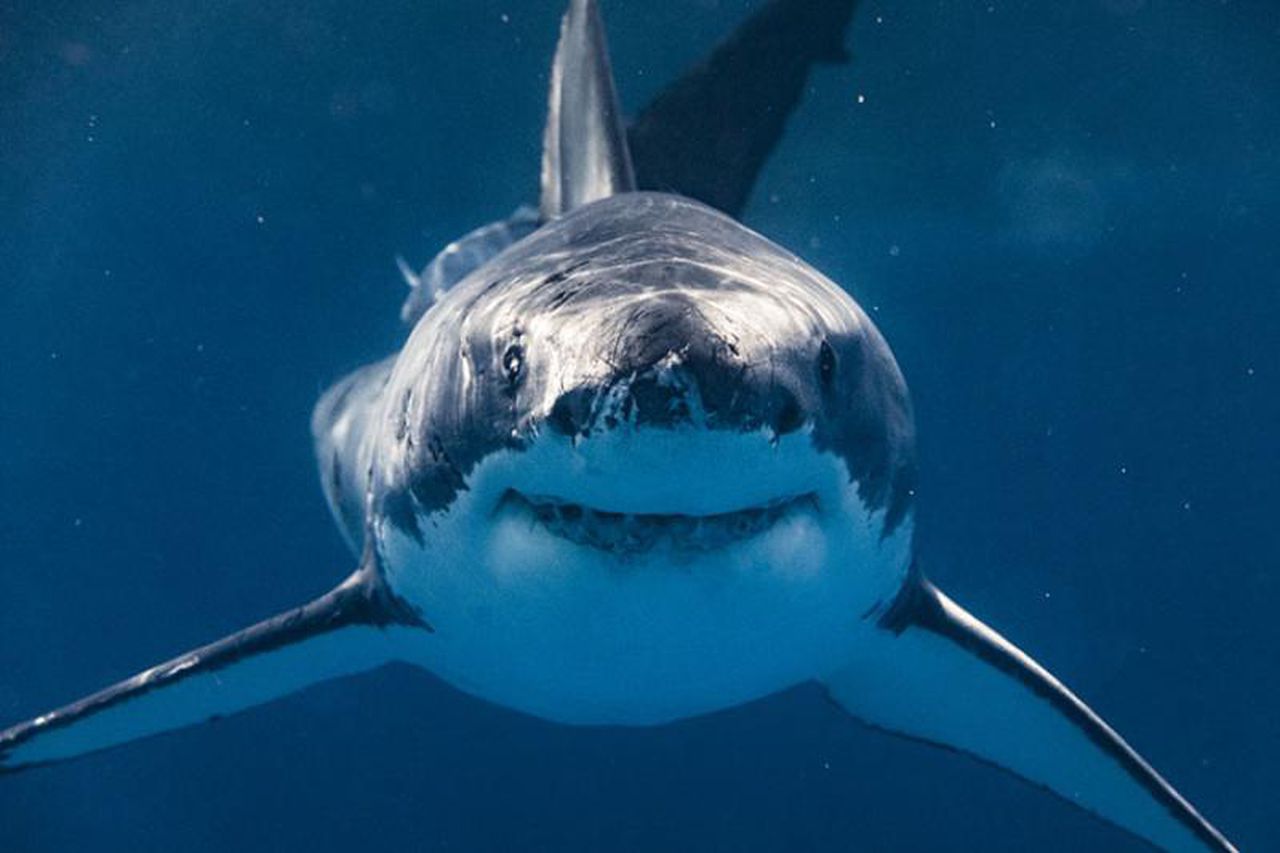Are sharks eating cocaine floating in Gulf of Mexico? Scientists say itâs possible
There has been for years speculation that sharks may eat narcotics (among other things) they encounter floating in the Gulf of Mexico.
Now, however, researchers say it’s entirely possible.
This week marks Discovery Channel’s annual “Shark Week,” a bonanza of shark-related programming which has developed an almost cult following. One of the programs this week, set to air Wednesday, carries the tantalizing title “Cocaine Sharks.”
The program purports to examine the question of whether sharks are ingesting any of the scores of cocaine packages which wind up in the Gulf — many of which wind up on beaches along the Florida and Alabama coast.
If sharks are eating cocaine, the opportunities are plentiful:
- May 2021: 31 kilograms of cocaine worth an estimated $1 million washed ashore in Gulf Shores.
- 2009: two bricks of cocaine were found on the beach on Dauphin Island. The same thing happened again earlier this year.
- April 2023: $100,000 in cocaine came ashore along the Florida Panhandle.
- 2021: a 70-pound package of cocaine washed up in Boca Raton.
- 2019: a one-kilo package was found on Paradise Beach.
- 2017: A 50-pound brick washed up on Melbourne Beach.
And those are just a handful of the instances readily found, and only cases where the cocaine actually made it ashore.
So there’s ample opportunity for sharks to sample the narcotic. But are they?
Marine biologist Tom Hird and Tracy Fanara, a Research Scientist and Program Manager for the National Oceanographic and Atmospheric Administration (NOAA) conducted experiments which included placing packages similar to cocaine bricks in the water next to dummy swans, according to Florida Today.
Reportedly, the sharks swam right up to the bricks and took a bite.
Hird acknowledged the experiment doesn’t mean sharks eat cocaine, but it doesn’t mean they don’t, either. Either way, he’s hopeful the airing of Wednesday’s “Cocaine Sharks” will lead to further research.
Fanara also noted the experiments and the interest the idea of cocaine-eating sharks might engender will bring public attention to a greater problem.
“It’s a catchy headline to shed light on a real problem, that everything we use, everything we manufacture, everything we put into our bodies, ends up in our wastewater streams and natural water bodies, and these aquatic life we depend on to survive are then exposed to that,” Fanara told The Guardian.
But she added the idea of sharks ingesting cocaine — whether intentionally or not — is not as far-fetched as it might seem to some.
“If these cocaine bales are a point source of pollution, it’s very plausible [sharks] can be affected by this chemical,” Fanara said. “Cocaine is so soluble that any of those packages open just a little, the structural integrity is destroyed and the drug is in the water.”
The research Hird and Fanara conducted over six days in the Florida Keys included observations of species of sharks including hammerheads and sandbar sharks behaving in odd and erratic ways.
Fanara said they conducted the experiments in the Florida Keys because the convergence of ocean currents there makes the region conducive for the presence of floating bales of cocaine, The Guardian reported.
“Cocaine Sharks” is set to air Wednesday at 9 p.m. Central. The full schedule of Discovery’s “Shark Week” programming can be found here.
